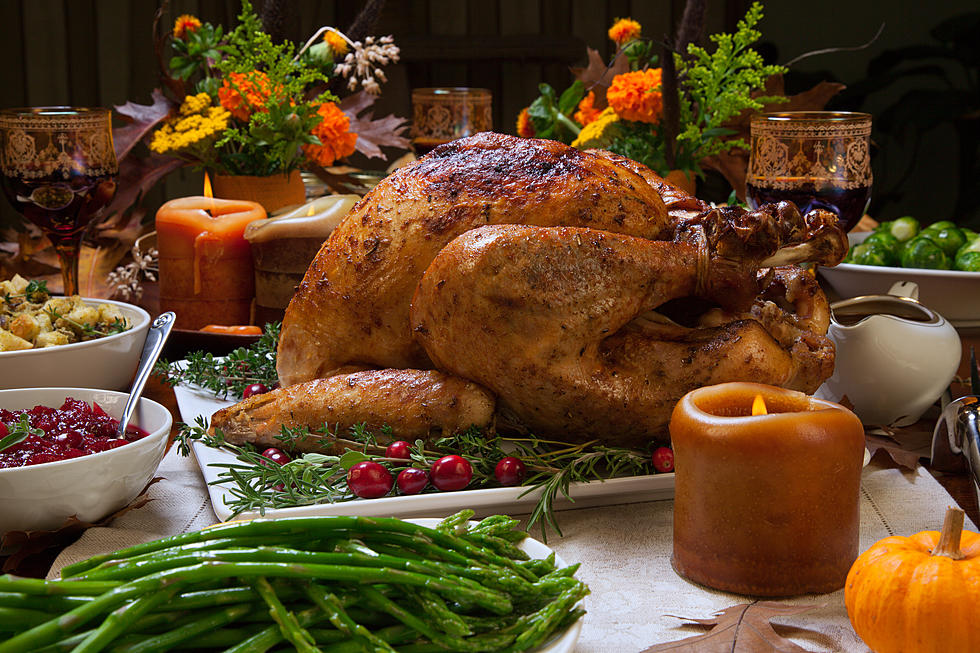
Thursday is Thanksgiving, and most of us realize what a toll the holidays take on some people. But we may not understand why.
Many of us have at least one loved one who is not comfortable in a family gathering at this time of year. They may be in pain, or mourning a loss, or just otherwise uncomfortable in a crowded room. Maybe you wonder what does loneliness do to someone who is isolated. Sometimes it could be age related: If they’re over the age of 65, they may feel like it’s hard to connect with the younger generation, and if they’re young they may feel like fish out of water.
Or they may suffer from a psychiatric disorder that makes them miserable whether they’re alone or with family and friends. Bottom line, the holidays are a joyous time for many, but we need to stop and consider those who struggle at this time of year.
Loneliness has been getting more attention lately, because it’s becoming more and more widespread. It’s not just the elderly anymore, although the elderly who live alone or in certain settings still often ache so severely from loneliness that depression takes over and makes it worse.
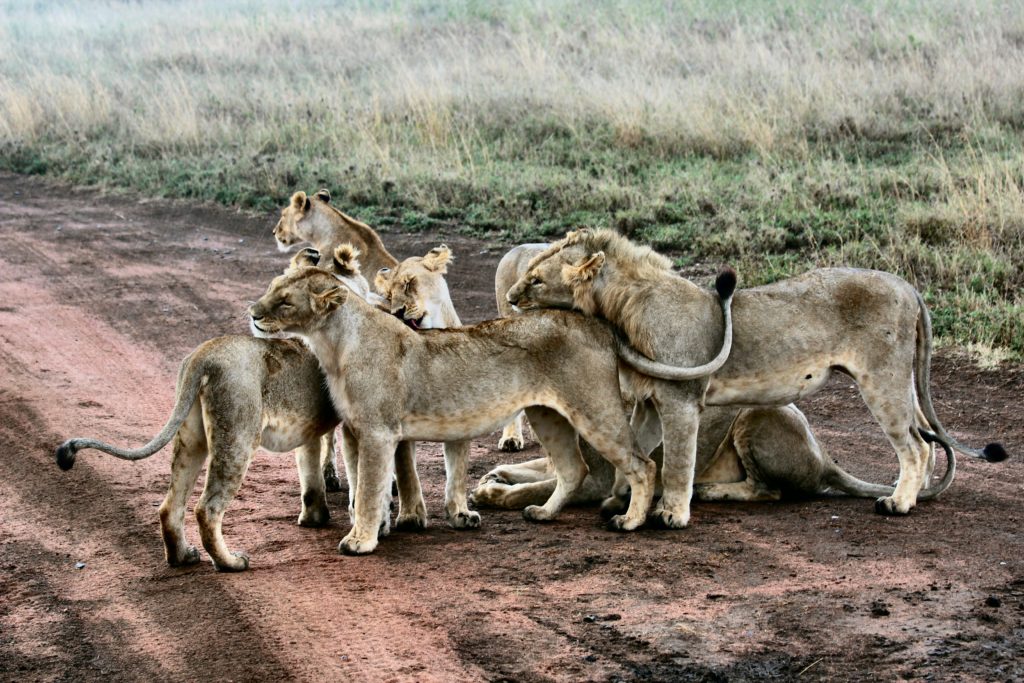
You know that feeling when you’re lonely in a room full of people? Loneliness doesn’t just attack when you’re by yourself. If you’re mourning the loss of a companion because of death or divorce or breakup, the loneliness is so deep. Being surrounded with people, even people you know well and love, just may not soothe that deep corrosive ache you feel.
But it’s not always about loss.
Tom is 69, has been single for decades, and has Narcissistic Personality Disorder. Tom has always been lonely. Because of his disorder, he doesn’t grasp that he does anything inappropriate, or that he offends others…especially his ex-wife or a girlfriend. His first marriage lasted over 20 years, but the older he got the more inflexible he got.
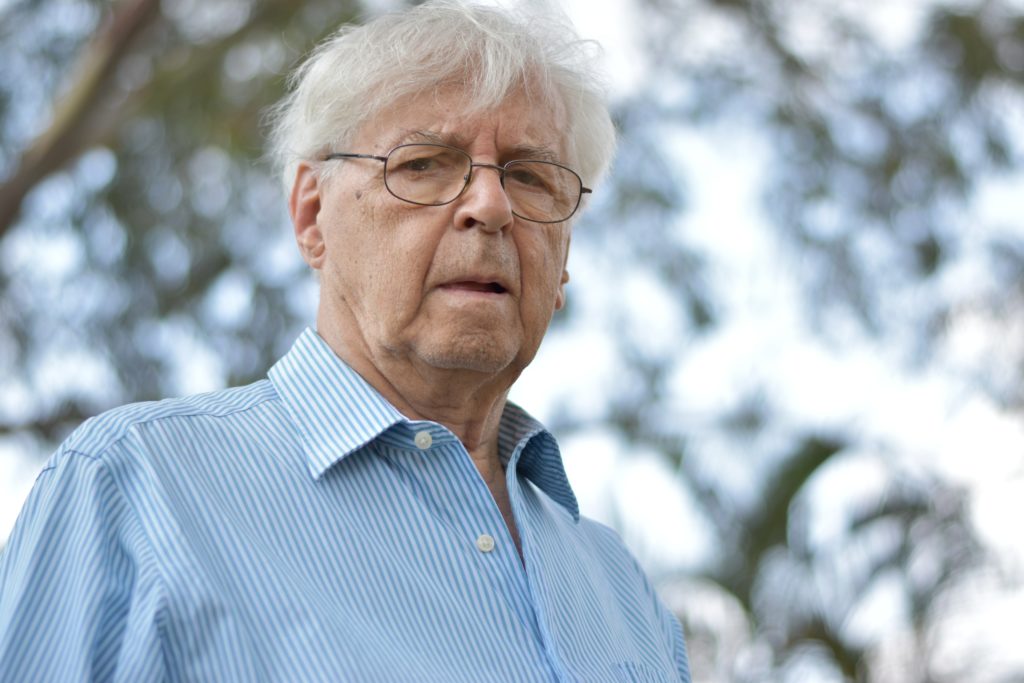
And because of his disorder, he assumes that every conflict is because his mate doesn’t appreciate how good he is to her. He just can’t see that he causes the misery he does. All he knows is that he’s desperately lonely. So he is constantly on dating sights hoping to find the person who will fill that yawning void he feels.
Aging Sometimes Makes Isolation Worse
Now at 69, he’s in a wheelchair and still looking for romance, but he’s run out of candidates…
One day, he told his sister with incredulously… “I figured out why my wives have all left me… they just didn’t appreciate how good I was to them.”
Tom just couldn’t see what was needed from him for a relationship to be fulfilling to both people.
He couldn’t imagine he had room for improvement. But that can go with Narcissistic Personality Disorder. And as much as he abused the people he loved, and drove them all away from himself, he couldn’t imagine there was anything he could do about their “lack of gratitude.” And so he was desperately, heartbreakingly lonely. And talked about it often.
But maybe that’s not so surprising really, for someone with that particular disorder.
Still, there are other scenarios.
Some Think They’re Flawless, Others Believe Their Flaws Are Irreparable
Either Way What Does Loneliness Do To Your Health, Your Relationships, and Your Self – Image?
However, there are multitudes who struggle on the other end of the spectrum. Those who are unable to accurately assess their own worth to those who love them. They may be overwhelmed with shame and worthlessness. So many people who suffer from depression, bipolar disorder, PTSD, panic disorder….
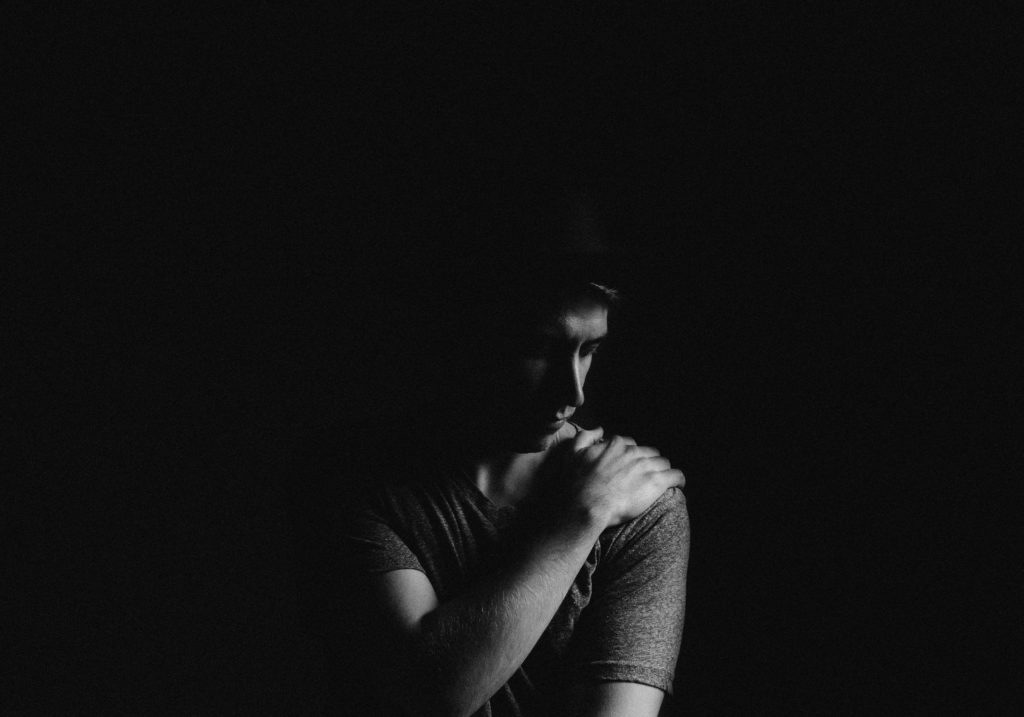
So many feel inadequate, and struggle with feelings of such abject worthlessness, they struggle to receive love and support. When they join their family for a holiday gathering, they feel like they stand out like a sore thumb as the “loser,” the one who has amounted to nothing, the black sheep…They rehearse these self-defeating opinions about themselves in their own minds until it’s all they can imagine.
And they know without question this is the view held by everyone who knows them. (whether it’s true or not) These people are their own worst enemies. So they arrive at a gathering of people they love on the defensive, unable to absorb the love around them because they’ve convinced themselves they don’t deserve it. And they’re even lonelier with their family than they are at home.
It happens that sometimes lonely people are forgotten people. Sometimes they’re displaced people. Sometimes they’re people who have driven others away.
But they’re all hurting.
An editorial by Nicholas Kristof in the New York Times recently focused on the rampant, widespread impact of loneliness as a health crisis. He compared loneliness and social isolation with the health risks of smoking 15 cigarettes a day, or of obesity. He made the point that since obesity is associated with 300,00 to 600,000 deaths a year, loneliness must be a serious killer.

What we do know is that loneliness increases inflammation, heart disease, depression, and suicidal thoughts… among a multitude of miseries. Inflammation alone can lead to cancer, a plethora of chronic and debilitating illnesses, and death. We’re social creatures, and fundamentally, we each need to be loved by someone, and to love in return.
We need to contribute, and we need someone to give back.
In a survey taken in the US and Britain, more than half of respondents said they are often, if not always, lonely. With the rising numbers of single adults who never marry, and those who find themselves single again and stay that way, social isolation has become a growing cloud… The connectedness of multiple generations in a household is a thing of the past.
In Great Britain, an effort to counteract this disconnectedness, this isolation, led to the formation of the Ministry of Loneliness, complete with the Baroness of Loneliness to lead it. Baroness Barron’s direction instigated initiatives to bring people together. Things like benches for conversations. Clubs to draw people together who have similar interests. Public invitations to connect, share hobbies and activities.
The Baroness stresses that everyone experiences loneliness at some point in their lives…some more than others. But because of the shifts in our western society away from extended family units, more and more people live alone. They don’t have the built-in structures that keep them connected. And their health suffers.
So she encourages building ways to connect around people’s strengths… like their talents and hobbies. And to avoid focusing on their weaknesses, such as their isolation and lack of friends.
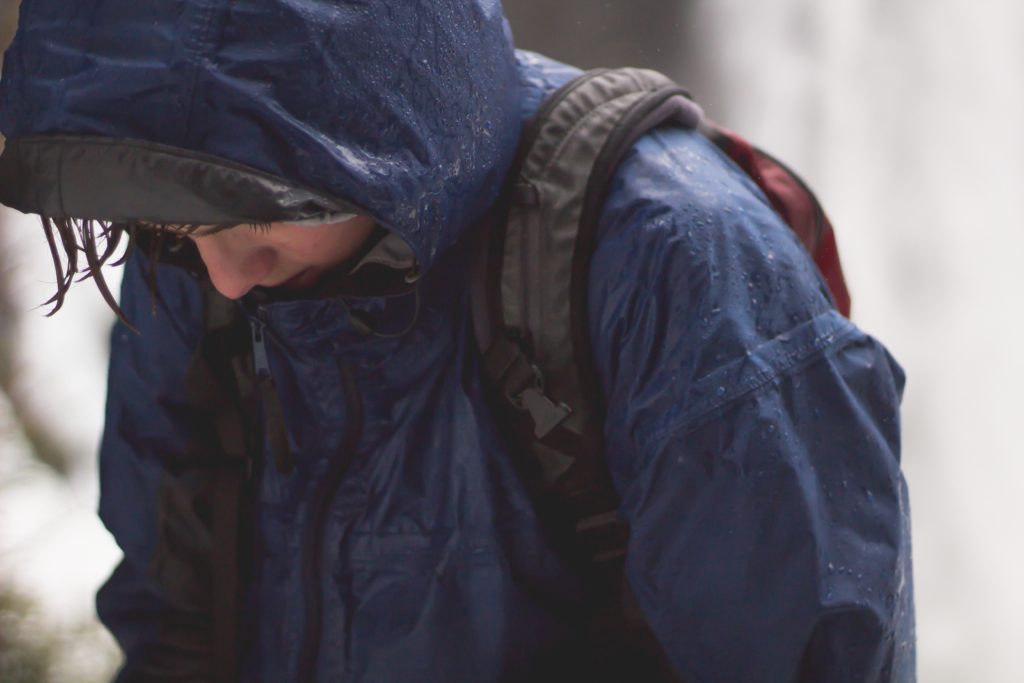
So what is it, actually, that happens in your brain when you’re lonely, and you feel isolated?
Social Neuroscience
A study led by Livia Tomova and her team published in the Journal of Social Neuroscience considered the work of John Cacioppo. Cacioppo was a social neuroscientist who defined this field… what happens in the brain in relation to our connections with others. What if those connections are missing?
He was the first to study the effects of loneliness in the brain. He said that the brain is the organ that creates, monitors, nurtures, and maintains social connections, and that everyone needs them. However, if you have some and don’t feel you have enough, then you’re likely to feel lonely, anyway. Because it’s how you feel about your connections with others that determines whether you feel fulfilled, or lonely.
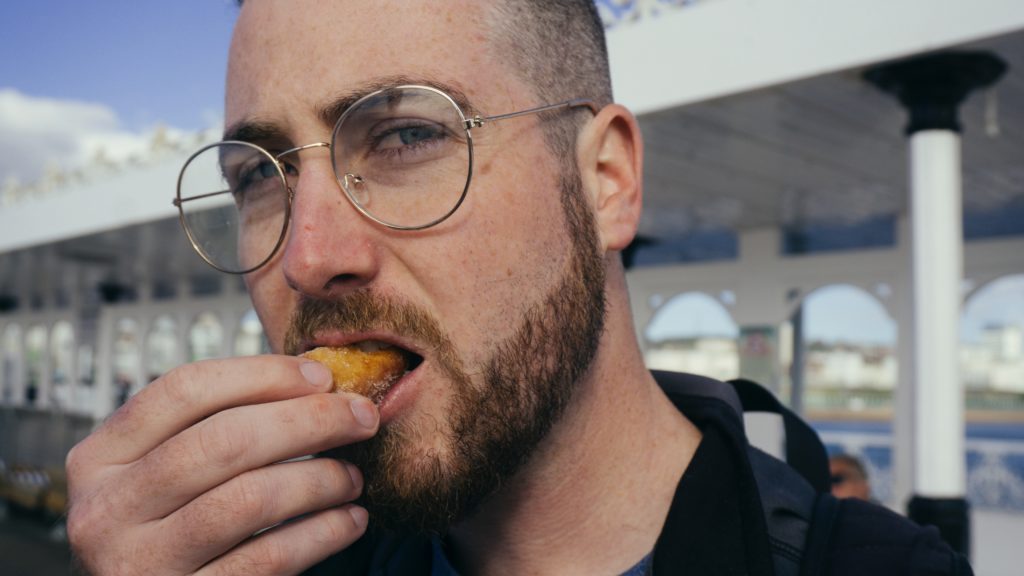
He compares loneliness to hunger and thirst because it signals you to do something to to help yourself feel better.
We Crave Connection
And it isn’t just knowing people. It’s having someone or a few someones whom you trust, and you can give to, and who gives back to you in a way you can receive. A single trusted friend or a few is far better than a crowd of acquaintances who don’t meet that need.
So in the study, Tomova and her team focused on the dopamine reward system, trying to integrate their experiences with animal and human responses. Their results showed that in lab animals, social isolation typically increased social motivation, which was managed by the brain’s mesolimbic dopamine system.
However, in humans, social isolation or “alone-ness,” can lead to either increases or decreases in social motivation. Put another way, humans may withdraw… or reach out feverishly… in response to a painful rejection. This takes place in a part of the brain called the insular cortex.
But chronic loneliness leads to decreased social motivation., due to changes in the dopaminergic responses in the striatum.
What Does Loneliness Do in YOUR Life?
All of this is to say that loneliness, or that feeling that comes from having unmet social needs, can come from a variety of life circumstances, but it occurs in the brain. And in the brain, we respond.
You’re built to love and be loved. To trust and to be trusted. To be interested in someone else’s life…and for someone to be interested in yours.
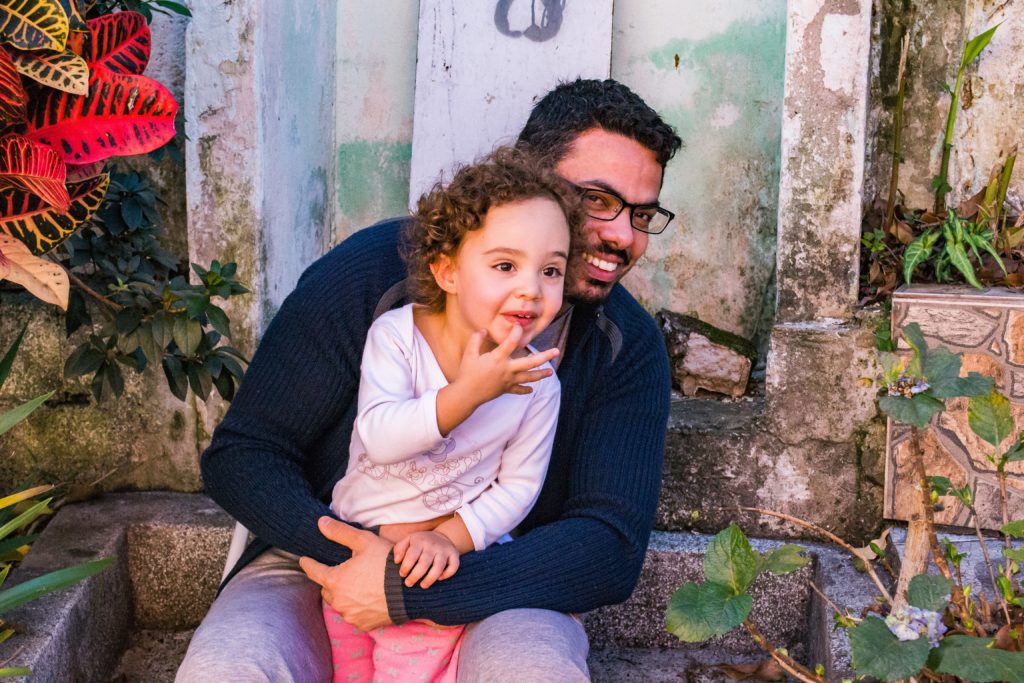
There is no medicine that will heal loneliness. But there is help for those things in your life that may contribute to it.
By the same token, as you join with family and friends this Thanksgiving, you can keep your ear to the ground for others in your company who may not be socially motivated…and help them to break through obstacles that prevent connections.
On the other hand, if you feel isolated and alone, and want to withdraw, consider a baby step or two and reach out to someone…anyone…in your world who seems to be withdrawn, too.
Your helping hand just may help both of you.
Happy Thanksgiving

To the restoration of your best self,
